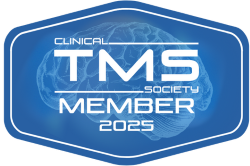
JOIN US! TMS Education Event - Tuesday, April 9th 5:30pm pst - Click to learn more!
Suicidal Ideation
TMS for Suicidal Ideation
Understanding Suicidal Ideation
Suicidal ideation involves thoughts about, consideration of, or planning suicide. These thoughts can range from fleeting considerations to detailed planning. Suicidal ideation is often a symptom of an underlying issue, such as depression, anxiety, or other mental health disorders. These thoughts can be triggered by a variety of factors, including stressful life events, substance abuse, or a sense of hopelessness. Addressing suicidal ideation is crucial as these thoughts can escalate into suicide attempts or completed suicides.
How Brain Chemistry Influences Mental Health in Suicidal Ideation
The brain's chemistry plays a critical role in mental health and suicidal ideation. Neurotransmitters like serotonin, dopamine, and norepinephrine are involved in regulating mood, emotions, and behavior. Imbalances or dysfunctions in these neurotransmitters can lead to depression, anxiety, and other mood disorders, which are often linked to suicidal thoughts. Chronic stress and traumatic experiences can also alter brain chemistry, exacerbating the risk of suicidal ideation.
Why Accelerated TMS for Suicidal Ideation?
Common Symptoms of Suicidal Ideation
- Persistent Sadness or Hopelessness: Feelings of deep sadness, despair, or a belief that situations won't improve.
- Withdrawal from Social Contacts: Isolating oneself from friends and family.
- Changes in Sleep or Appetite: Significant disruption in regular sleep patterns or eating habits.
- Increased Substance Use: Using drugs or alcohol as a means to cope.
- Talking About Death or Suicide: Regularly discussing death or expressing a wish to die.
- Sudden Calmness: A sudden sense of calm after a period of depression or moodiness, possibly indicating a decision to attempt suicide.
Traditional Treatments and Their Limitations
Traditional treatments for suicidal ideation typically involve psychotherapy, medication, and sometimes hospitalization. Medications like antidepressants are used to treat underlying conditions such as depression. However, these treatments have limitations: medications can take weeks to become effective and might come with side effects. Psychotherapy requires time and patient commitment, and not everyone responds to these treatments. In urgent cases, hospitalization may be necessary, but it is often a short-term solution.
How TMS Targets Suicidal Ideation
Transcranial Magnetic Stimulation (TMS) is emerging as a therapeutic approach for treating suicidal ideation, particularly when it is a symptom of depression or other mood disorders. TMS uses magnetic pulses to stimulate nerve cells in the brain. It targets regions involved in mood regulation and cognitive processing, which are often dysfunctional in individuals with suicidal ideation.
Key Benefits of Accelerated TMS for Suicidal Ideation
- Targeted Relief: Directly stimulates the brain areas associated with mood regulation, offering potential relief from depressive symptoms linked to suicidal thoughts.
- Non-Invasive and Safe: TMS is a drug-free, non-invasive procedure, making it a viable option for those who might not respond to or tolerate medications.
- Rapid Onset of Effects: Some patients experience an improvement in symptoms more quickly than with traditional antidepressants.
- Reduced Dependency on Medication: Offers an alternative for those who prefer not to rely on pharmaceuticals or have not found them effective.
- Long-Term Potential: Can provide lasting relief from depressive symptoms, thereby reducing suicidal ideation.
- Complementary Therapy: Can be used alongside medication and psychotherapy for a comprehensive approach to treatment.
What patients are saying
"Desperate and struggling, my therapist recommended TMS. With an open mind and cautious optimism, I tried it. In just five days, my anxiety improved significantly. The clinic staff was fantastic, offering counseling and education on anxiety. The whole experience, including aftercare and follow-up, made a huge difference. I wholeheartedly recommend Accelerated TMS at Kind Health Group. Thank you, Dr. Nanos, and your amazing team"
Dai, L., Wang, P., Du, H., Guo, Q., Li, F., He, X., & Zou, S. (2021). High-frequency repetitive transcranial magnetic stimulation (rTMS) accelerates onset time of beneficial treating effects and improves clinical symptoms of depression. CNS & Neurological Disorders - Drug Targets, 20(10), 1000-1008. https://dx.doi.org/10.2174/1871527320666211104123343
Abstract: This study evaluates the effectiveness of rTMS in treating depression with suicidal ideation. It found that active rTMS significantly reduced depression and suicidal ideation scores compared to sham rTMS, suggesting rTMS could accelerate the onset of beneficial effects and improve clinical symptoms of depression.
If this is a life-threatening emergency, please call 911 or the National Suicide Prevention Lifeline














































